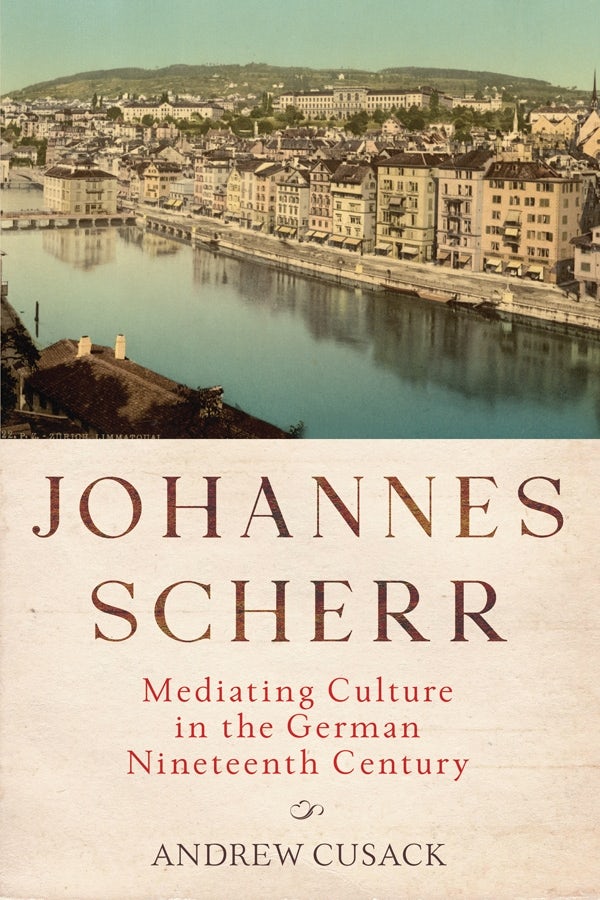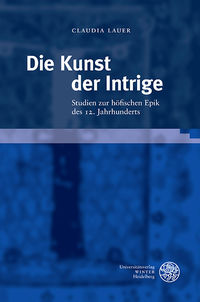Johannes Scherr: mediating culture in the German nineteenth century
Traces the career of the widely read cultural historian Johannes Scherr and his development of a new kind of historical writing for the increasingly globalized 19th-century world.
The German nineteenth century saw a boom in publishing and reading that created opportunities not only for Dichter, creators of great literature, but also for Schriftsteller, authors of the second rank. Among the latter were cultural mediators who helped readers negotiate the ever-expanding galaxy of print. Few achieved greater prominence than Johannes Scherr, whose remarkable career as a critic, anthologist, and historian of German and world literature began in the turbulent Vormärz era and continued during years of exile in the unlikely setting of the Zurich Polytechnic. He wrote from the vantage point of Switzerland, but his books were published in Germany, where his polemical style found favor.
Andrew Cusack’s study traces the process of Scherr’s literary socialization as mediator in the „contact zone“ formed by the Kingdom of Württemberg and Switzerland, whose liberal project of Volksbildung inspired him. It considers how his liminal position between nations and between the humanities and the sciences led him to develop a form of historical authorship for the increasingly globalized nineteenth century. The book considers Scherr’s engagement with the totalizing paradigms of cultural history and world literature and sets his pessimistic worldview in the context of the materialism and violent political agitation that threatened democratic values in Switzerland and elsewhere.
zum Buch im ULB-Katalog
zum Buch auf der Verlags-Website
Die Kunst der Intrige: Studien zur höfischen Epik des 12. Jahrhunderts
Das Erreichen eigener Ziele auf klugen Umwegen von List, Lüge und Täuschung, der Gegenstand der Intrige, gehört zum Grundrepertoire abendländischer Erzählkultur. Was als literatur- und kulturgeschichtliches Phänomen früh in antiken Dramen und Epen fassbar ist und spätestens mit der Aufklärung seinen Siegeszug in der Moderne antritt, wirft aus mediävistischer Perspektive fundamentale Fragen auf.
Die Arbeit lenkt den Blick auf eine signifikante mittelalterliche Begriffslücke und verfolgt die Frage, auf welche Weise die Intrigenmaterie in der deutschsprachigen Literatur des Mittelalters präsent ist. Mit Hilfe eines eigenen methodischen Ansatzes sowie exemplarischer Studien zu vier prominenten Texten des 12. Jahrhunderts (Eneasroman, Rolandslied, Iwein, Tristrant) legt die Arbeit nicht nur verschiedene Spielarten der Intrige im Spannungsfeld von Antike und Moderne offen. Sie macht die Intrige auch poetologisch für das Verständnis mittelalterlichen Erzählens und Dichtens fruchtbar und lädt damit insgesamt dazu ein, den Primat der Neuzeit für die heutige Bedeutung der Intrige zu überdenken.
zum Buch im ULB-Katalog
zum Buch auf der Verlags-Website
Weitere Titel können Sie in unseren Neuerwerbungslisten für die Germanistik entdecken!


